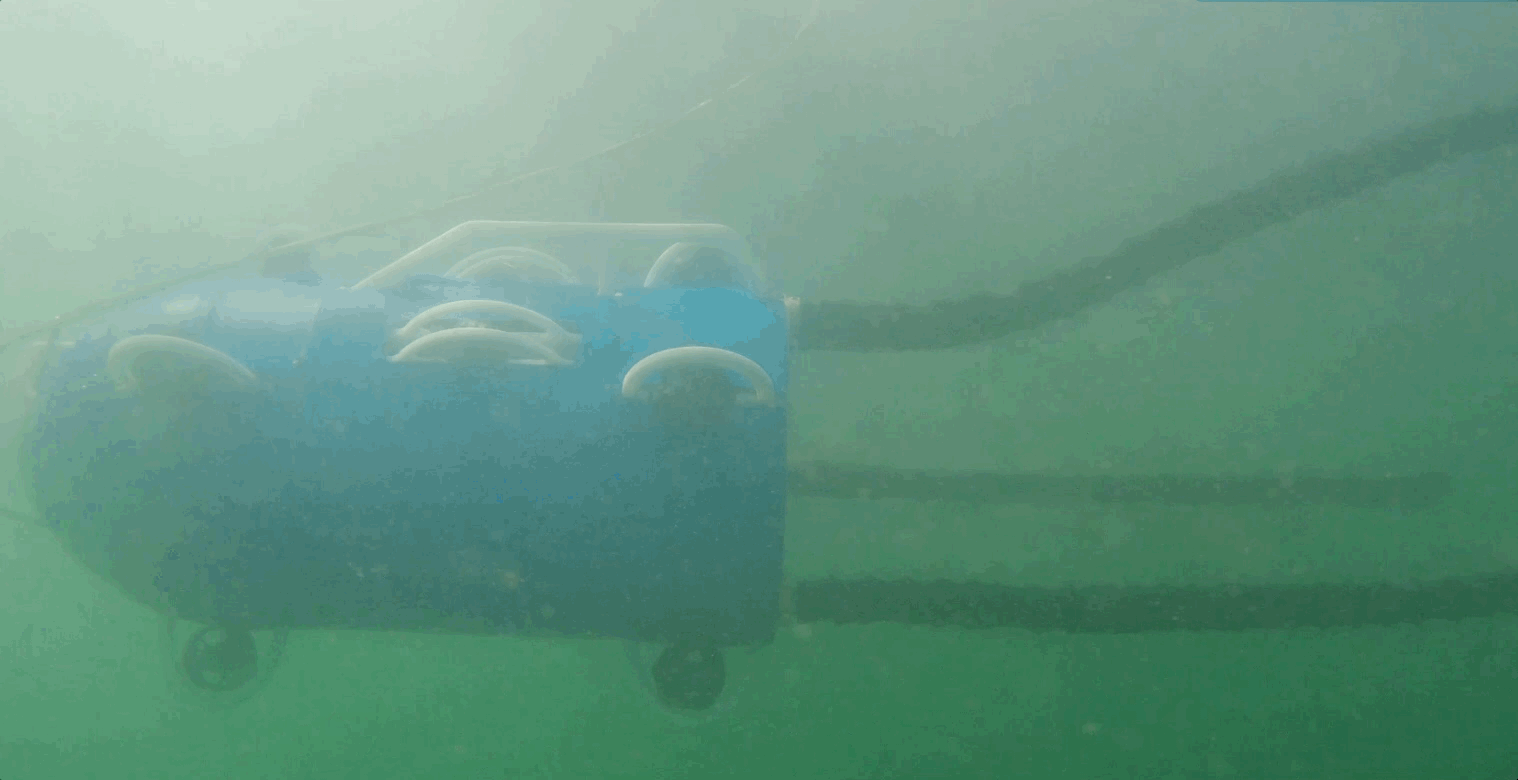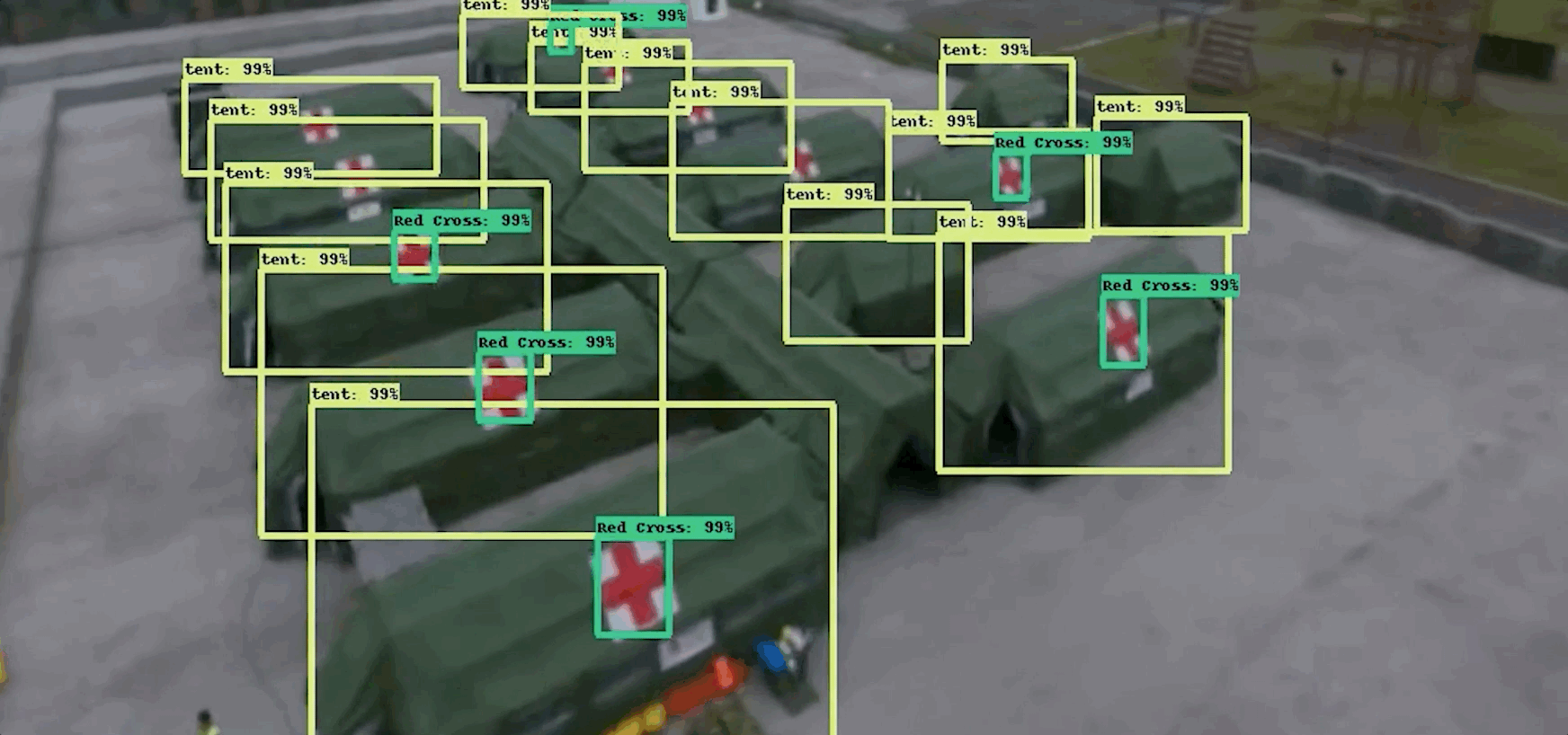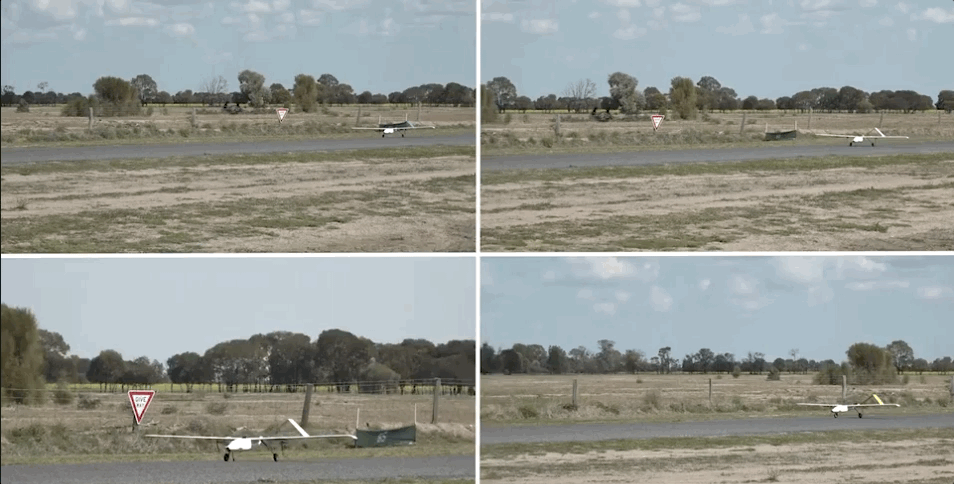Trusted Autonomous Systems Ltd runs a variety of programmes of work with Defence, industry, academia, and Government partners. Through this work, we aim to achieve practical outcomes, create a sustainable industry, and – through our common good activities – deliver resources for ethics, law, and assurance of autonomous systems in Australia.
Find out more about our projects, activities, and research fellows below.
Projects
Our projects are Defence-directed and industry-led collaborations. They involve a variety of stakeholders, including world class research from Australia’s publicly funded research ecosystem.
All projects work to achieve tangible capability outcomes and create sustainable industry capacity to ensure the resilience of the Defence capability pipeline for robotic and autonomous systems.
Our projects include:
Activities
Our activities aim to accelerate the trusted adoption of autonomous systems – driving innovation and ambitious use of autonomous systems while keeping safety at the forefront. This work involves a variety of stakeholders from Defence, Government, industry, and academia.
Through this programme, TAS has produced frameworks, guides, and resources for the autonomous systems ecosystem in Australia and overseas. These resources are hosted on the Queensland Government-supported Robotics and Autonomous Systems Gateway.
Our activities include:
Fellows
Trusted Autonomous Systems supports six research fellows whose ground-breaking work promises to inspire innovation and growth in autonomous systems development and deployment. Our four industry fellows are supported by the Queensland Government’s Advance Queensland initiative, while our two Ethics fellows are support by the Next Generation Technology Fund through the TAS Ethics Uplift programme.
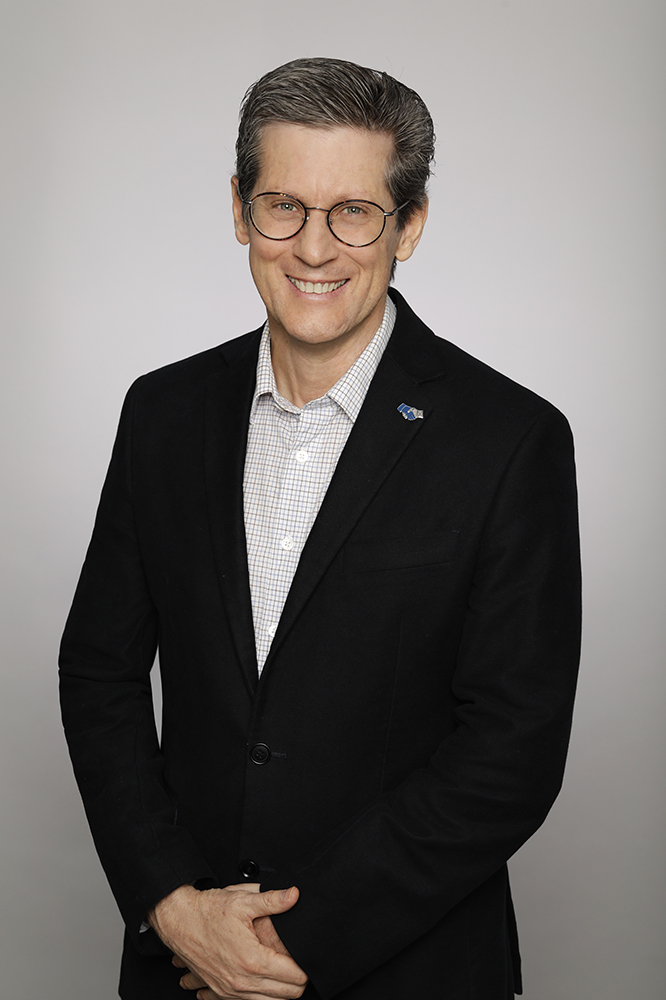
Dr Andrew D. Back
The challenge for artificial intelligence systems is to discover ways to encapsulate social dynamics in realms such as meaning, nuance, implication, intent, interpretation, feeling and understanding. This research introduces a new approach to AI called Synthetic Language and Information Topology (SLAIT) AI.
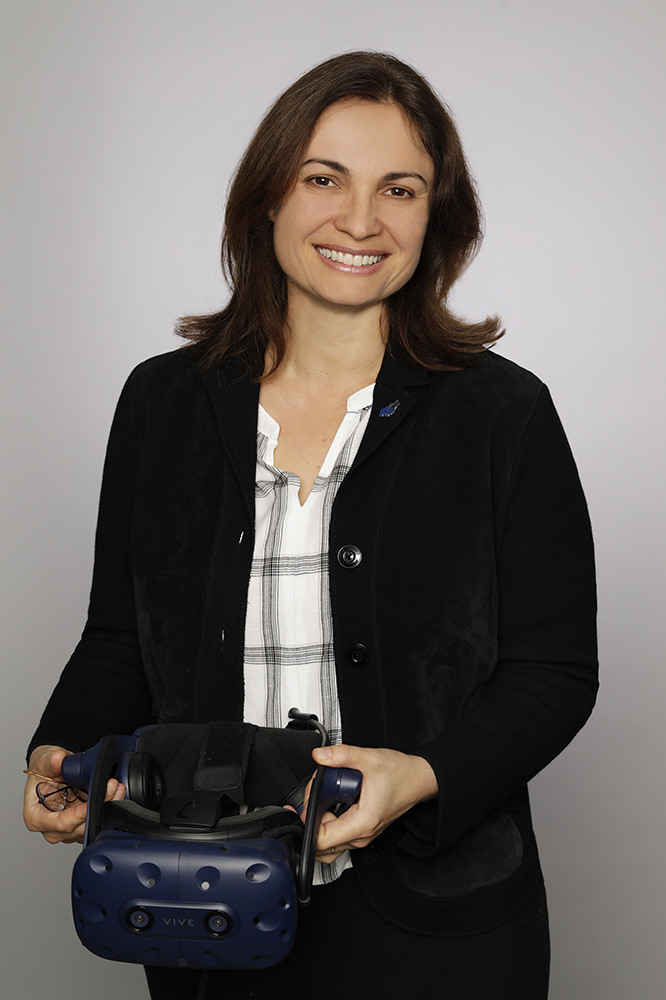
Dr Beth Cardier
Beth models narratives and dialogue to show how implicit information can be included in reasoning systems. She was originally an award-winning fiction writer and media analyst, when, in a plot twist, she learned knowledge modeling for a US Navy-funded research program to demonstrate how writers communicate unexpected events.
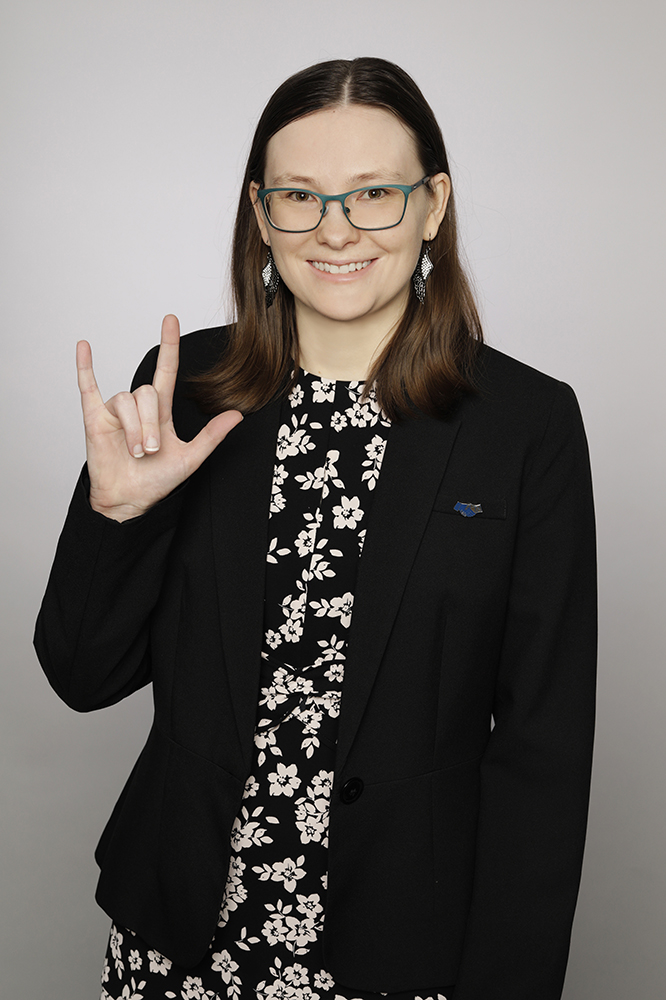
Dr Jessica Korte
Jessica’s TAS Fellowship Project, the Auslan Communication Technologies Pipeline project, looks to foreground the visual-gestural language expertise of Deaf signers in the creation of technologies for the recognition, production and processing of Auslan (Australian Sign Language) communication and a modular pipeline for artificial intelligence.
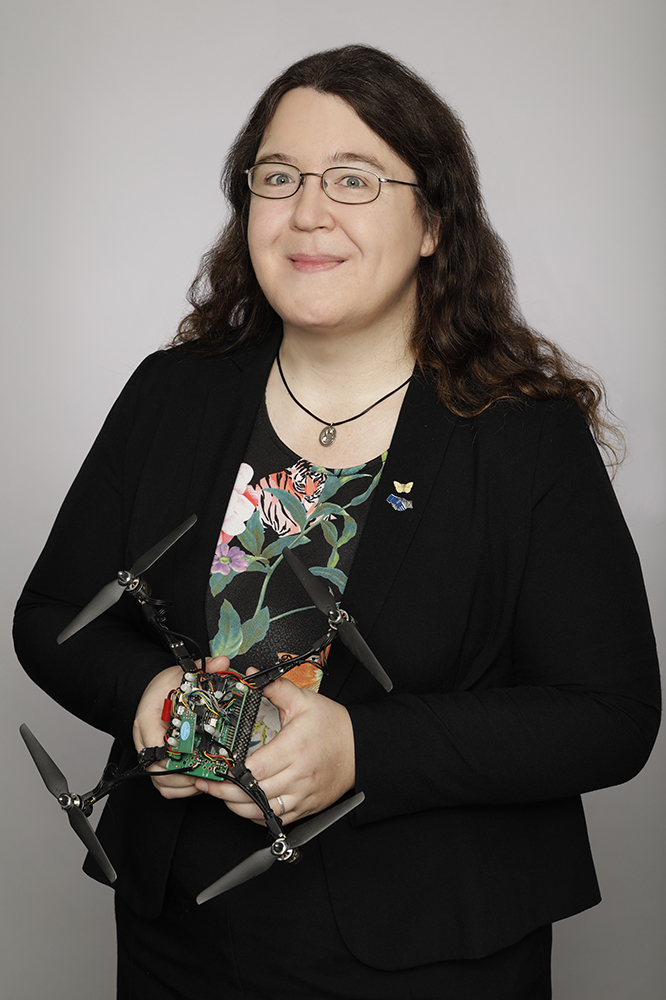
Dr Pauline Pounds
Pauline’s TAS project involves exploring robotic whisker technology we originally developed in 2016, and finding ways of using them to allow drones to fly through interior spaces and around objects and obstacles without needing to use heavy cameras or complex, expensive lidar systems.
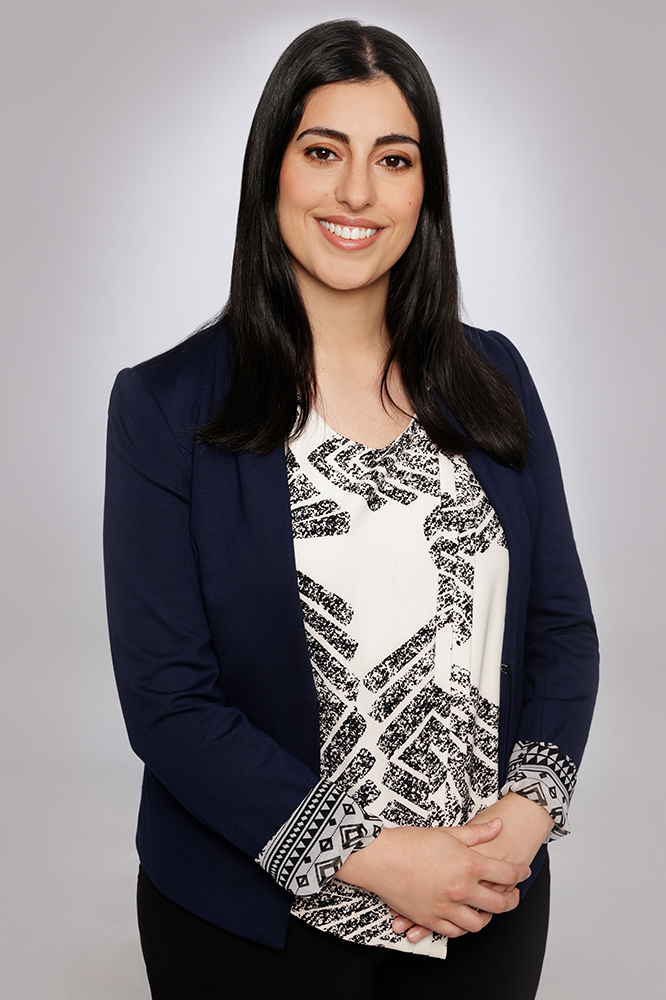
Dr Zena Assaad
Zena’s TAS project will explore the safety implications of human-machine teaming (HUM-T) operations for Australian Defence. HUM-T needs to be safe, to be trusted in deployment, and to enable flexible operations without undue operational restrictions. This project will explore the development of appropriate safety requirements and frameworks, including appropriate methods to manage and communicate these, for HUM-T operations.
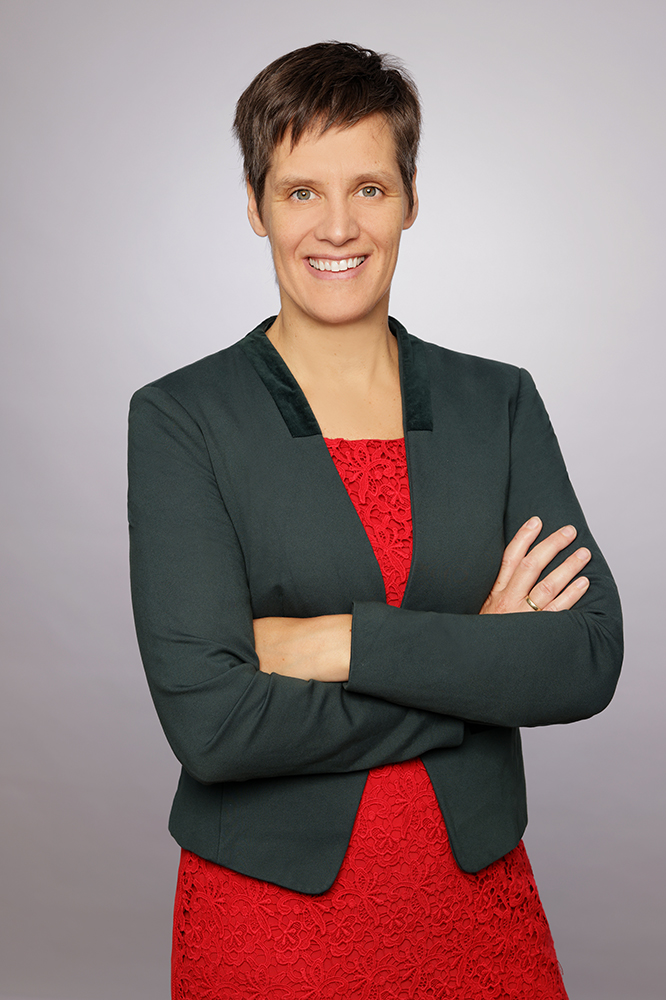
Dr Christine Boshuijzen-van Burken
Christine’s TAS project aims to build an ethical framework, based on the value sensitive design method, that assists developers of autonomous systems in Defence with thinking through the ethical aspects of their technologies. Designing with an eye to ethical values ultimately leads to “better” technologies, not only in a technical or cost-efficient sense, but also with a view to societal acceptance.










